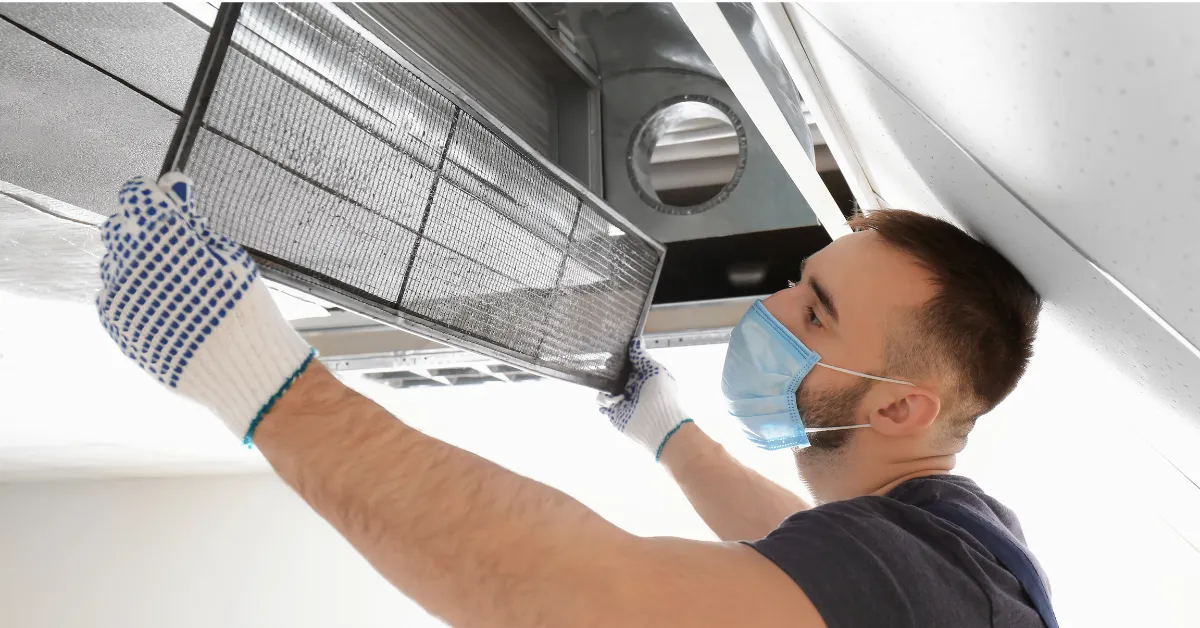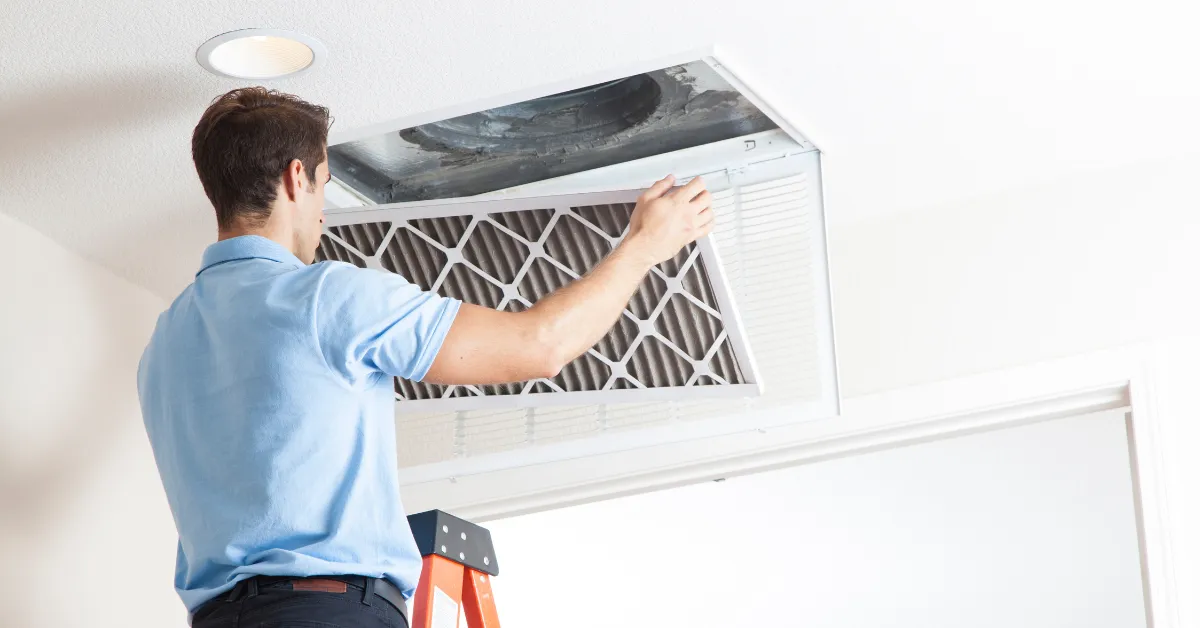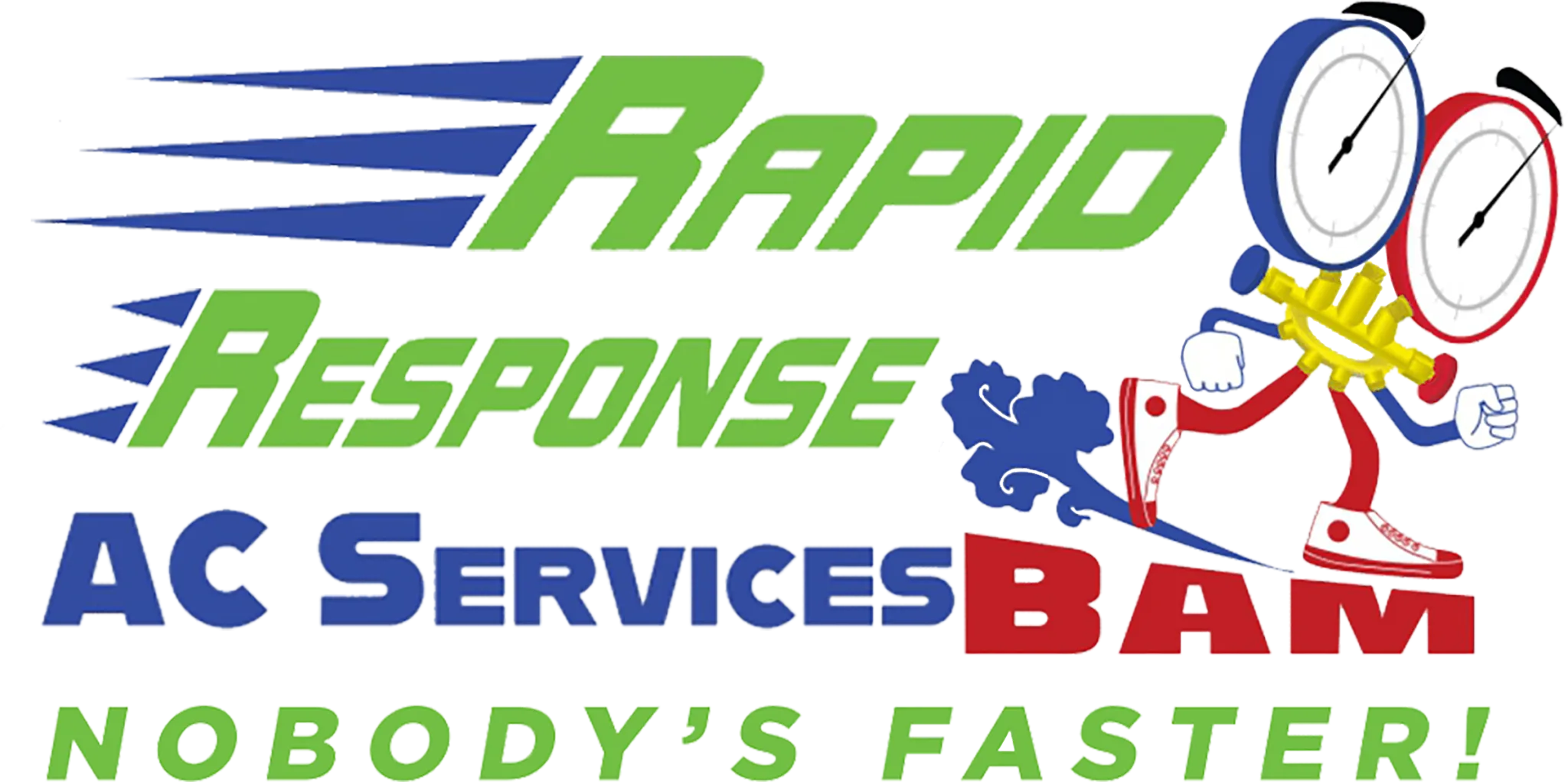Pros & Cons of The 7 Main Types of Air Filters

Living in the dynamic climates of South West Florida and Texas means that your indoor air quality is more than just a luxury—it’s a necessity. These regions’ relentless heat and humidity demand a robust air filtration system to keep your home or business environment comfortable and healthy. With so many air filter options, selecting the right one can be overwhelming. To simplify your decision-making, we’ve broken down the pros and cons of the seven main types of air filters, each with its own set of benefits tailored to your specific needs.
1. Fiberglass Air Filters
Pros:
- Affordability: Fiberglass filters are the go-to option for those on a budget. They’re cheap and widely available, making them popular for many homeowners.
- Basic Protection: These filters are great for capturing larger particles like dust and lint, providing basic protection for your HVAC system.
Cons:
- Limited Filtration: While they’re suitable for large particles, they don’t do much for smaller contaminants like pollen or mold spores. This might not be ideal in regions like South West Florida, where allergens can be rampant.
- Short Lifespan: You’ll find yourself replacing these filters frequently, which can be a hassle and add up over time.
2. Pleated Air Filters
Pros:
- Improved Filtration: Pleated filters offer a significant upgrade over fiberglass, trapping smaller particles and providing better air quality.
- Durability: These filters last longer than their fiberglass counterparts, meaning fewer replacements.
Cons:
- Higher Cost: Better filtration comes with a higher price tag. Pleated filters are more expensive, which could be a consideration if you want to save money on your air filtration installation.
- Increased Airflow Resistance: These filters can restrict airflow, which might strain your HVAC system, especially during those scorching Texas summers.
3. Electrostatic Air Filters
Pros:
- Washable & Reusable: One of the most significant advantages of electrostatic filters is that they’re washable. This makes them more eco-friendly, as you won’t need to constantly buy replacements.
- Effective Filtration: They’re great at capturing a wide range of particles, including dust, pollen, and even smoke.
Cons:
- Higher Initial Cost: While reusable, these filters come with a higher upfront cost, which might deter some homeowners.
- Maintenance Required: You need to clean these filters regularly. In the humid environments of Florida, neglecting this could lead to mold growth within the filter.

4. HEPA Filters
Pros:
- Exceptional Filtration: HEPA filters are the gold standard in air filtration. They can capture up to 99.97% of particles as small as 0.3 microns, making them ideal for allergy sufferers.
- Improves Air Quality: HEPA filters can make a significant difference for those in areas with high pollen counts or pollution, like parts of Texas.
Cons:
- Costly: With great power comes great expense. HEPA filters are among the most expensive on the market.
- Not Always Compatible: Not all HVAC systems are designed to accommodate HEPA filters, so you might need a professional air filtration company to modify your system for installation.
5. UV Air Filters
Pros:
- Kills Germs: UV filters use ultraviolet light to kill bacteria, viruses, and mold spores, making them an excellent choice for health-conscious individuals.
- Reduces Odors: These filters can also help reduce unpleasant odors, which can be particularly beneficial in humid climates like South West Florida.
Cons:
- Doesn’t Remove Particles: UV filters are great for killing germs but do little to remove dust and other particles from the air.
- Requires Professional Installation: Due to their complexity, you’ll need an air filtration installation professional to install a UV filter system.
6. Activated Carbon Filters
Pros:
- Odor Removal: Activated carbon filters excel at removing odors from the air, including cooking smells, smoke, and chemical fumes.
- Toxin Absorption: These filters can also absorb harmful gases and volatile organic compounds (VOCs), making them ideal for areas with air quality concerns.
Cons:
- Limited Particle Filtration: While excellent at removing gases and odors, they don’t perform well with larger particles like dust or pet dander.
- Need for Replacement: Carbon filters can become saturated quickly, requiring frequent replacements, especially in high-humidity areas like Florida.
7. Washable Air Filters
Pros:
- Cost-Effective: Washable filters can save you money in the long run since they can be reused after cleaning.
- Eco-Friendly: They reduce waste, making them a greener option for environmentally conscious homeowners in Texas and Florida.
Cons:
- High Maintenance: Regular cleaning is a must. Failing to maintain them can lead to mold and mildew growth, particularly in humid environments.
- Lower Efficiency: Washable filters often have lower MERV ratings, meaning they’re less efficient at capturing smaller particles.
Choosing the Right Filter for South West Florida & Texas
When selecting an air filtration system near me, it’s essential to consider the specific needs of your local environment. In South West Florida, where humidity is high, a filter that can handle moisture without promoting mold growth is crucial. In Texas, where dust and allergens are more common, opting for a filter with a higher MERV rating might be more beneficial.
Whether you need basic dust filtration or comprehensive air purification, consulting with a local air filtration company can help you make the best choice for your home or business. Remember, the right filter can enhance the performance of your HVAC system, improve indoor air quality, and even reduce energy costs in the long run.
For top-notch air filtration installation services tailored to the unique climate challenges of South West Florida and Texas, trust Rapid Response AC Services. We’re your local experts, ensuring that you and your family breathe clean, fresh air all year round.
